
 Instagram
Instagram
What foods contain Creatine?

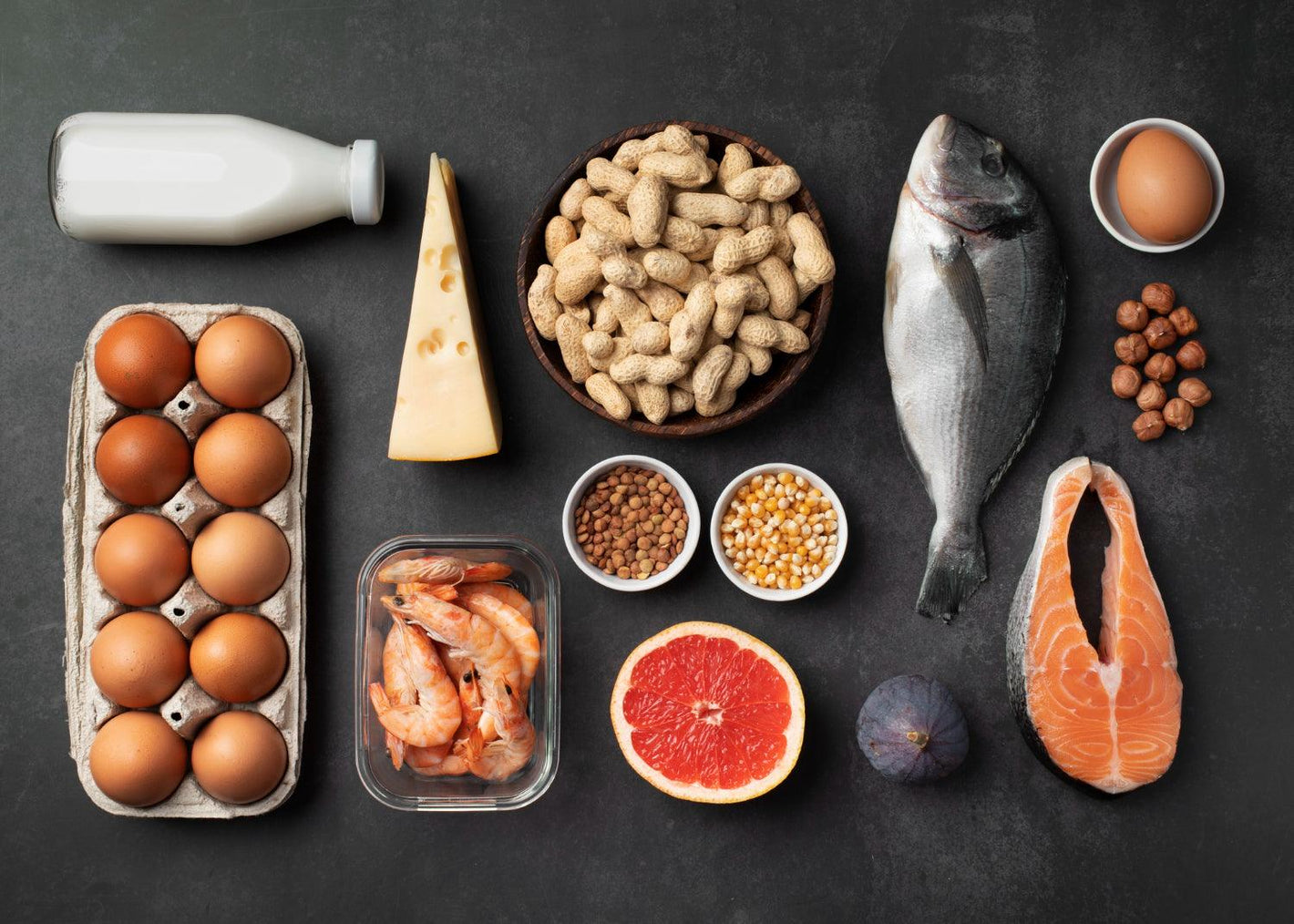
Related products
Creatine, a naturally occurring compound, plays a pivotal role in the generation of energy within our bodies. It's synthesised primarily in the liver and kidneys, from where it's transported to various tissues, particularly muscle cells. Dr. Emily Clark, a renowned nutritionist, states, "Creatine is crucial for short bursts of high-energy activities like sprinting or weight lifting. It's not just for athletes; it's a key player in overall muscular health and cognitive function."
The significance of creatine cannot be overstated, especially given its role in enhancing muscular strength and endurance. According to a study published in the "Journal of Sports Science and Medicine," creatine supplementation can increase muscle creatine content by up to 30%, thereby significantly boosting muscle performance. Dr. Alan Harper, a sports medicine expert, notes, "Creatine is more than a performance enhancer. It's a vital component for muscle health and neurological function, aiding in the prevention of neurological diseases."
When discussing creatine, it's essential to differentiate between its natural dietary sources and creatine supplements. While the body produces creatine, additional intake through diet or supplements can be beneficial, particularly for certain groups. Meat, particularly red meat and fish, are rich in creatine. However, for vegetarians or those with dietary restrictions, creatine supplements provide an alternative source. These supplements, typically available as creatine monohydrate, are widely used in the fitness world for enhancing muscle mass and workout performance.
The debate between dietary sources and supplements of creatine is ongoing. As Dr. Clark explains, "While dietary creatine from sources like red meat and fish is effective, supplements can offer a more concentrated and easily controlled dosage." This is particularly relevant for athletes or individuals engaged in high-intensity training. However, it's important to consider the purity and quality of supplements, as the market is replete with various options, not all of which meet the highest standards.
The role of creatine in the body extends beyond physical performance. Its impact on cognitive function has been a subject of increased research. A study in the "European Journal of Experimental Biology" highlighted that creatine supplementation could improve memory and intelligence test scores in adults. "Creatine's benefits are not limited to muscle cells. Its role in brain health is an exciting area of research, particularly for ageing populations and in neurodegenerative conditions," adds Dr. Harper.
Creatine, a vital compound for energy production, is crucial for both physical and mental health. Its presence in various food sources and availability in supplement form makes it accessible for different dietary needs and preferences. As the article progresses, the focus will shift to detailed discussions on animal-based and plant-based sources of creatine, the role of supplements, and the health considerations associated with creatine consumption. This comprehensive approach aims to provide readers with a thorough understanding of creatine's role and how to incorporate it effectively into their diets for optimal health benefits.
Understanding Creatine

Creatine, an amino acid derivative, is a vital cog in the machinery of our body's energy production. It is synthesised primarily in the liver, kidneys, and to a lesser extent, the pancreas, from the amino acids glycine, arginine, and methionine. Once formed, it travels through the bloodstream and is taken up by cells, especially muscle cells, where it plays a crucial role in the generation of adenosine triphosphate (ATP), the primary energy currency of the cell. Dr. Sarah Johnson, a biochemist, elucidates, "Creatine's role in energy metabolism is fundamental. It acts as a quick energy buffer, especially important during high-intensity, short-duration activities like sprinting or weightlifting."
The benefits of creatine extend beyond its metabolic function. It is renowned for its positive impact on muscle and brain health. For muscle health, creatine enhances strength, increases lean muscle mass, and aids in quicker recovery during exercise. This is corroborated by numerous studies, including one from the "International Journal of Sports Nutrition and Exercise Metabolism," which found that creatine supplementation led to significant improvements in muscle strength and body composition. Dr. Mark Thompson, a sports medicine specialist, states, "Creatine supplementation is one of the most effective nutritional strategies available for increasing muscle mass and strength, with a safety profile that is generally well accepted."
In terms of brain health, the benefits of creatine are just as profound, albeit less widely known. Creatine supplementation has been linked to improved cognitive performance, particularly in tasks that require speed and quick thinking. This is particularly relevant in stressful situations or during periods of sleep deprivation. A study published in the "Journal of Neuroscience" highlights that individuals supplementing with creatine showed improved memory and reduced mental fatigue. Dr. Lisa Hamilton, a neuroscientist, comments, "Our brain, just like our muscles, needs energy to function optimally. Creatine can play a key role in supporting brain health, particularly in situations where energy supply is compromised."
Creatine metabolism and synthesis in the body are intricate processes. The body synthesises about 1 to 2 grams of creatine per day, with the rest needing to be obtained from the diet, particularly from meat and fish. The synthesis involves several steps, starting with the amino acid arginine, which combines with glycine to form guanidinoacetate. Methionine then donates a methyl group to guanidinoacetate, converting it into creatine. Dr. Johnson explains, "The synthesis of creatine is a fine example of the body's biochemical ingenuity, utilising different amino acids and enzymes to produce this vital molecule."
This synthesis can be influenced by various factors, including diet, exercise, and muscle mass. For instance, vegetarians, who typically have lower levels of creatine in their muscles due to dietary restrictions, may benefit more from creatine supplementation. Moreover, the body's ability to synthesise creatine declines with age, making supplementation a consideration for older adults.
Understanding creatine's biological role and its myriad benefits for muscle and brain health is essential. The synthesis of creatine in the body, a marvel of metabolic engineering, underscores the complexity and adaptability of human biochemistry. As this article delves deeper into the dietary sources and supplementation of creatine, the importance of this compound in overall health and well-being becomes increasingly apparent.
Animal-Based Sources of Creatine
Creatine is predominantly found in animal-based products, making them essential for individuals looking to increase their creatine intake naturally. Understanding the creatine content and the health benefits of these animal-based sources is crucial.
Red Meat
Red meat is one of the richest sources of creatine, with beef, lamb, and pork leading the pack. The creatine content in these meats can vary depending on the cut and how the animal was raised. Dr. James Peterson, a dietician, states, "Beef contains about 2-2.5 grams of creatine per pound, while the levels in lamb and pork are slightly lower." This variation highlights the importance of diverse meat consumption for optimal creatine intake.
A comparative study of creatine content in red meats showed that grass-fed meats tend to have a higher creatine concentration compared to their grain-fed counterparts. This is attributed to the natural diet and active lifestyle of grass-fed animals, as explained by Dr. Peterson. Therefore, when choosing red meat for creatine, opting for grass-fed varieties can be more beneficial.
Poultry
Poultry, such as chicken and turkey, is another significant source of creatine, though the levels are generally lower than in red meat. Chicken breast, for example, contains about 0.4 grams of creatine per 100 grams. The method of cooking poultry can affect its creatine content. A study published in the "Journal of Food Science" found that grilling chicken preserves more creatine compared to boiling or frying.
Dr. Helen Martinez, a nutrition scientist, explains, "While poultry has less creatine than red meat, it's still a valuable source, especially for those who prefer leaner meats. Incorporating a variety of cooking methods can help maximise creatine retention in poultry."
Fish
Fish are not only a good source of omega-3 fatty acids but also a great source of creatine, especially varieties like herring, salmon, and tuna. Herring, for instance, contains about 0.9 grams of creatine per 100 grams. These fish varieties offer a dual benefit – the health benefits of omega-3 fatty acids and creatine.
The nutritional profile of these fish makes them a cornerstone in a balanced diet. Dr. Martinez notes, "Including fish like salmon and tuna in your diet not only provides creatine but also essential fatty acids that are beneficial for heart and brain health."
Dairy Products
Milk and cheese are often overlooked as sources of creatine. While their creatine content is lower compared to meat and fish, they contribute to the overall creatine intake, especially in vegetarian diets. Dr. Peterson explains, "Milk contains about 0.1 grams of creatine per litre, making it a modest but useful source of creatine."
The role of dairy in a balanced diet extends beyond creatine. It provides calcium, protein, and other essential nutrients, making it a valuable addition to any diet.
Eggs and Creatine
Eggs are a nutritional powerhouse and contain a small amount of creatine, approximately 0.1 grams per large egg. The advantage of eggs lies not just in their creatine content but in their overall nutritional profile, which includes high-quality protein, vitamins, and minerals.
Dr. Martinez emphasises, "While eggs aren't the richest source of creatine, their overall nutrient density makes them a valuable part of a creatine-rich diet." Eggs can be especially beneficial for individuals looking to increase their protein intake alongside creatine.
Animal-based sources like red meat, poultry, fish, dairy products, and eggs play a significant role in providing creatine. Understanding the creatine content and nutritional benefits of these sources is key to optimising creatine intake through diet. As the article progresses, the focus will shift to plant-based sources and alternatives for creatine, offering insights for those following vegetarian or vegan diets.
Plant-Based Sources and Alternatives
For vegetarians and vegans, finding adequate sources of creatine can be challenging, as the primary sources are animal-based. This section explores the options available for those following a plant-based diet and how they can ensure sufficient creatine intake.
Creatine in a Vegetarian Diet
Vegetarian diets typically lack direct sources of creatine, leading to lower levels of stored creatine in the body. Dr. Laura Simmons, a dietitian specializing in vegetarian nutrition, states, "Vegetarians often have about 50% lower muscle creatine concentrations compared to non-vegetarians." This deficit can impact energy levels, especially during high-intensity activities.
Challenges and Alternatives
The primary challenge for vegetarians is obtaining creatine since it is naturally present in significant amounts only in animal products. However, alternatives exist in the form of creatine supplements, which are widely available and can effectively raise muscle creatine levels in vegetarians. Dr. Simmons adds, "Creatine supplementation is a practical and safe alternative for vegetarians to reach the creatine levels comparable to those who consume meat."
Benefits
While no plant foods directly provide creatine, certain foods can indirectly support creatine synthesis. Foods rich in the amino acids required for creatine production – arginine, glycine, and methionine – can be beneficial. These include nuts, seeds, legumes, and whole grains. “Incorporating these amino acid-rich foods can aid the body's natural creatine production,” explains Dr. Simmons.
The Role of Supplements
Creatine supplements offer a direct and effective way for vegetarians and vegans to increase their creatine levels.
Synthetic Creatine Options
Most creatine supplements are synthetic and not derived from animal sources, making them suitable for vegetarians and vegans. The most common form is creatine monohydrate, which has been extensively studied and proven to be effective and safe. “Creatine monohydrate supplements can effectively elevate creatine stores in vegetarians, similar to levels seen in meat-eaters,” says Dr. Simmons.
Comparison
While supplements provide a concentrated and controlled dose of creatine, they lack the additional nutrients found in natural food sources like meat and fish. Therefore, it's important for vegetarians and vegans to maintain a well-rounded diet alongside creatine supplementation.
Creatine Content in Vegetables
Vegetables do not contain creatine, but they play a supportive role in a creatine-rich diet.
Overview
No vegetables contain creatine; however, they are important for overall health and can aid in creatine synthesis indirectly by providing necessary nutrients. “Vegetables are rich in vitamins and minerals that support overall health, including the health of muscles and the brain,” comments Dr. Simmons.
Maximizing Creatine
To maximize creatine intake, vegetarians and vegans should focus on a combination of supplementation and a diet rich in nutrients that aid creatine synthesis. This includes a variety of fruits, vegetables, whole grains, nuts, and seeds.
While plant-based diets lack direct sources of creatine, vegetarians and vegans can still achieve optimal creatine levels through supplementation and a diet that supports natural creatine synthesis. The next section will delve into the factors affecting creatine content in foods, providing further insights into how different cooking and storage methods can impact creatine levels.
Factors Affecting Creatine Content in Foods
The creatine content in foods can be influenced by various factors ranging from cooking methods to storage and processing. Understanding these factors is essential for maximizing the benefits of creatine in the diet.
Cooking Methods and Creatine Retention
The way food is cooked significantly impacts its creatine content. Dr. Emily Wright, a food scientist, explains, "High-temperature cooking methods, such as grilling or frying, can lead to a loss of creatine in meats due to the denaturation of proteins." In contrast, gentler cooking methods like steaming or slow cooking can help preserve creatine levels.
A study published in the "Journal of Agricultural and Food Chemistry" found that boiling meat resulted in less creatine loss compared to frying. Dr. Wright advises, "To retain the maximum amount of creatine, it's better to use cooking methods that involve lower temperatures and less direct heat exposure."
Storage and Processing Effects

The way food is stored and processed can also affect its creatine content. Fresh meats tend to have higher creatine levels compared to processed meats. "Processing and preserving meats can degrade creatine, especially when preservatives and other chemicals are involved," says Dr. Wright.
Freezing meat is a common method of preservation, and it has a relatively minor effect on creatine content. However, the length of storage can be a factor. Over extended periods, frozen meat might experience a slight decrease in creatine levels due to ice crystal formation and subsequent cell damage.
Bioavailability of Creatine in Different Foods
The bioavailability of creatine - how well it can be absorbed and utilized by the body - varies between different food sources. Dr. Wright notes, "Creatine from meat sources is generally more bioavailable compared to creatine from supplements, due to natural co-factors present in meat that aid in absorption."
The bioavailability is also influenced by the presence of other nutrients. For instance, the high protein content in meats can enhance the absorption of creatine. In contrast, certain food combinations or dietary patterns might reduce creatine absorption. Dr. Wright adds, "A balanced diet that includes a variety of creatine sources can optimize its absorption and utilization in the body."
The creatine content in foods is not just about the initial amount present but also how it is affected by cooking, storage, and processing. Additionally, the bioavailability of creatine varies across different food sources, making it important to consider these factors when planning a diet for optimal creatine intake. The next sections of the article will explore creatine supplements and their role in the diet, providing an alternative perspective for those unable to meet their creatine needs through food alone.
Creatine Supplements
For many, especially those with dietary restrictions or high-performance athletes, creatine supplements offer a practical way to increase creatine intake. This section explores the different types of creatine supplements, compares them with natural food sources, and provides guidelines for safe usage.
Types of Creatine Supplements
Creatine supplements come in various forms, each with its own advantages. Dr. Oliver Thompson, a sports nutritionist, explains, "The most common and well-researched form is creatine monohydrate, known for its effectiveness and affordability." Creatine monohydrate is widely used due to its high purity and excellent safety profile.
Other forms include creatine ethyl ester, creatine hydrochloride (HCL), and buffered creatine, among others. These alternatives claim better absorption rates and reduced side effects like bloating, although these claims are often not strongly supported by scientific evidence. Dr. Thompson notes, "While newer forms of creatine offer potential benefits, more research is needed to fully understand their efficacy compared to creatine monohydrate."
Comparison with Natural Food Sources
Creatine supplements differ from natural food sources in several ways. The most significant difference is the concentration of creatine. Supplements provide a more concentrated and controllable dose of creatine than is typically found in food. "While natural food sources offer additional nutrients, supplements are a straightforward way to increase creatine intake, especially for vegetarians and those with dietary restrictions," says Dr. Thompson.
Another aspect to consider is bioavailability. Although creatine from natural food sources is highly bioavailable, supplements, particularly creatine monohydrate, are also effectively absorbed and used by the body.
Guidelines for Safe Supplement Use
While creatine supplements are generally safe, there are guidelines to ensure their safe and effective use. Dr. Thompson advises, "It’s crucial to start with the recommended dose, usually around 3-5 grams per day, and to increase intake gradually if needed." This approach helps in assessing tolerance and minimizing potential side effects.
Hydration is another important factor. Creatine can increase water retention in muscles, so it's essential to drink plenty of water to support kidney function and overall health. "Staying well-hydrated is key when using creatine supplements," Dr. Thompson emphasises.
It's also advisable to consult with a healthcare provider before starting any supplement regimen, especially for individuals with pre-existing health conditions or those taking medication.
Creatine supplements are a valuable tool for increasing creatine intake, particularly for those who may not get enough from their diet. Understanding the different types of supplements, how they compare to natural food sources, and following guidelines for safe use are essential for maximizing their benefits. The next sections will delve into the recommended dietary intake of creatine and the health considerations associated with its consumption.
Recommended Dietary Intake

Determining the optimal daily intake of creatine can be influenced by various factors including age, lifestyle, and dietary habits. This section provides guidance on the recommended creatine intake for different population groups, strategies for incorporating creatine into the diet, and balancing creatine intake with overall nutrition.
Daily Requirements for Different Population Groups
The recommended daily intake of creatine can vary based on individual needs. According to Dr. Amelia Hart, a nutrition specialist, "The average adult typically synthesizes about 1 gram of creatine per day and would benefit from an additional 1-2 grams from dietary sources." Athletes or individuals engaged in heavy physical training may require more, up to 5 grams per day, to maintain optimal muscle stores.
For vegetarians and vegans, who may have lower baseline levels of creatine due to dietary restrictions, supplementation might be necessary to meet these recommendations. The elderly also benefit from increased creatine intake to support muscle mass and cognitive function, which naturally decline with age.
How to Add Creatine to Your Diet
Incorporating creatine into the diet involves choosing the right foods and, if necessary, supplements. For non-vegetarians, this includes consuming red meat, poultry, and fish regularly. Dr. Hart suggests, "Including a variety of these foods throughout the week can help ensure adequate creatine intake."
For those who prefer or require supplements, adding a small dose of creatine monohydrate to a daily routine can effectively increase creatine levels. "It's best to take creatine with a meal to enhance its absorption," advises Dr. Hart.
Balancing Creatine Intake with Overall Nutrition
While focusing on creatine intake, it's important not to overlook the broader context of a balanced diet. "A diet high in creatine should still be rich in fruits, vegetables, whole grains, and healthy fats to ensure overall nutritional balance," Dr. Hart states. This ensures that while creatine needs are met, other dietary requirements for vitamins, minerals, and fibre are not neglected.
Special Considerations
Certain groups, like athletes and the elderly, have unique considerations regarding creatine intake. Athletes may benefit from higher creatine doses to support intense training and recovery. However, they should also be mindful of hydration and kidney health.
For the elderly, increased creatine intake, possibly through supplementation, can help counteract muscle loss and cognitive decline. "Creatine supplementation in older adults should be accompanied by regular physical activity to maximize muscle health benefits," recommends Dr. Hart.
The recommended dietary intake of creatine varies depending on individual needs and lifestyle factors. By understanding these requirements and incorporating creatine into the diet judiciously, individuals can enjoy the full benefits of this important nutrient.
Health Considerations and Potential Risks
While creatine is generally safe and beneficial for most individuals, it is essential to be aware of the health considerations and potential risks associated with its consumption. This section will discuss the safe levels of creatine consumption, potential side effects, contraindications, and its interactions with medications and certain health conditions.
Safe Levels of Creatine Consumption
The safety of creatine has been affirmed by numerous studies, with most indicating that long-term creatine supplementation is safe for healthy individuals. Dr. Simon Hayes, a clinical nutritionist, states, “For most people, up to 5 grams of creatine per day is considered safe and effective.” However, he also emphasizes the importance of periodic evaluation, especially for those using higher doses.
Long-term high-dose creatine supplementation (more than 10 grams per day) requires careful monitoring and should be done under the guidance of a healthcare professional. Dr. Hayes adds, “While high doses are generally well-tolerated, they can increase the risk of side effects and should be managed carefully.”
Potential Side Effects

Creatine supplementation is generally well-tolerated, but some individuals may experience side effects such as gastrointestinal discomfort, muscle cramping, and dehydration. Dr. Hayes explains, “These side effects are usually mild and can often be alleviated by reducing the dose or increasing water intake.”
Creatine is contraindicated for individuals with pre-existing kidney conditions. “Those with renal issues should avoid creatine supplementation, as it can exacerbate kidney problems,” warns Dr. Hayes. It is also advisable for pregnant and breastfeeding women to avoid creatine supplementation due to limited research in these groups.
Interactions
Creatine may interact with certain medications and health conditions. For example, creatine can affect how the body processes certain drugs, such as non-steroidal anti-inflammatory drugs (NSAIDs) and diuretics, potentially increasing the risk of kidney damage.
People with diabetes should be cautious when using creatine supplements, as creatine can affect blood sugar levels. Dr. Hayes advises, “Diabetic patients should monitor their blood sugar levels closely if they choose to supplement with creatine.”
While creatine is a safe supplement for most people, it is important to be aware of its potential side effects and interactions with medications and certain health conditions. Consulting with a healthcare provider before starting any supplement regimen is always recommended, especially for individuals with pre-existing health conditions or those taking medication. The comprehensive understanding of creatine's role in health and nutrition, as discussed throughout this article, underscores its significance as a supplement and its impact on overall well-being.
Conclusion
The exploration of creatine in this article has provided a comprehensive understanding of its role in health and nutrition. As we conclude, it's important to summarise the key points, consider the future directions in creatine research, and reflect on the importance of a balanced diet for overall health.
Creatine plays a crucial role in energy production, particularly in muscle cells, and has significant benefits for both muscle and brain health. Its natural sources primarily include red meat, poultry, fish, and to a lesser extent, dairy products and eggs. Vegetarians and vegans can maintain adequate creatine levels through supplements, which are an effective alternative to natural food sources.
The recommended daily intake of creatine varies, with higher doses often beneficial for athletes and the elderly, but a general guideline is 1-3 grams per day for healthy adults. While creatine is safe for most individuals, it's important to be mindful of the potential side effects and interactions with medications, particularly for those with pre-existing health conditions.
Current research on creatine is robust, but there is always room for further exploration. Future studies may focus on the long-term effects of creatine supplementation in various populations, including children, the elderly, and those with specific health conditions like diabetes or renal disorders. Additionally, research into the cognitive benefits of creatine and its potential role in neurodegenerative diseases like Alzheimer's and Parkinson's is an exciting and growing field.
Dr. Simon Hayes remarks, “The future of creatine research holds great promise, not only for athletes but also for a broad range of health conditions, potentially offering new avenues for treatment and prevention.”
While focusing on creatine is beneficial, it should be part of a broader, balanced diet rich in fruits, vegetables, whole grains, lean proteins, and healthy fats. This balanced approach ensures adequate intake of all essential nutrients, contributing to overall health and well-being.
Creatine, whether obtained through diet or supplementation, is just one piece of the puzzle. As Dr. Amelia Hart points out, “A holistic approach to diet and nutrition, with creatine as a key component, can significantly contribute to improved health, performance, and quality of life.”
Creatine is a valuable nutrient with diverse benefits. Understanding its role in the body, how to include it in the diet safely, and its overall impact on health is vital for anyone looking to enhance their physical and cognitive performance, as well as for those seeking to maintain optimal health through nutrition.


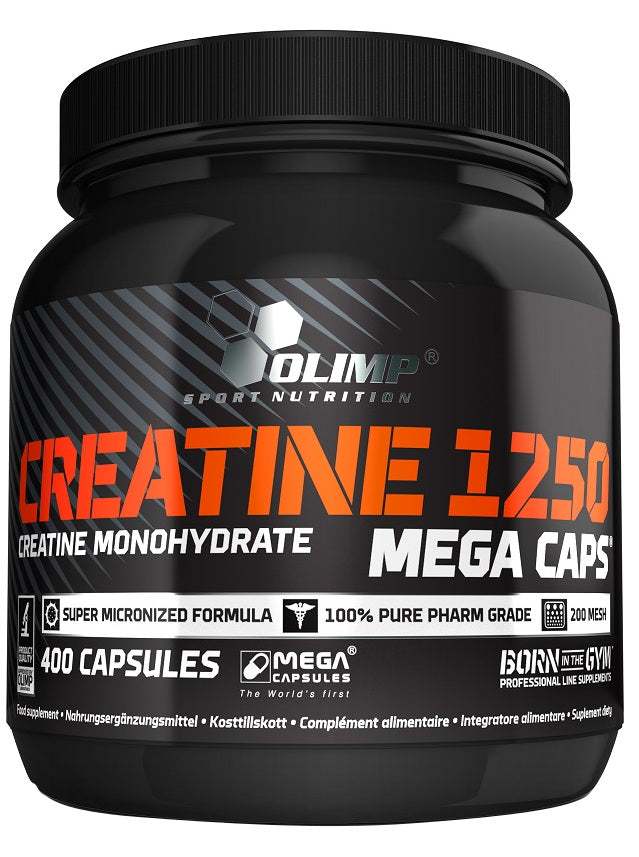
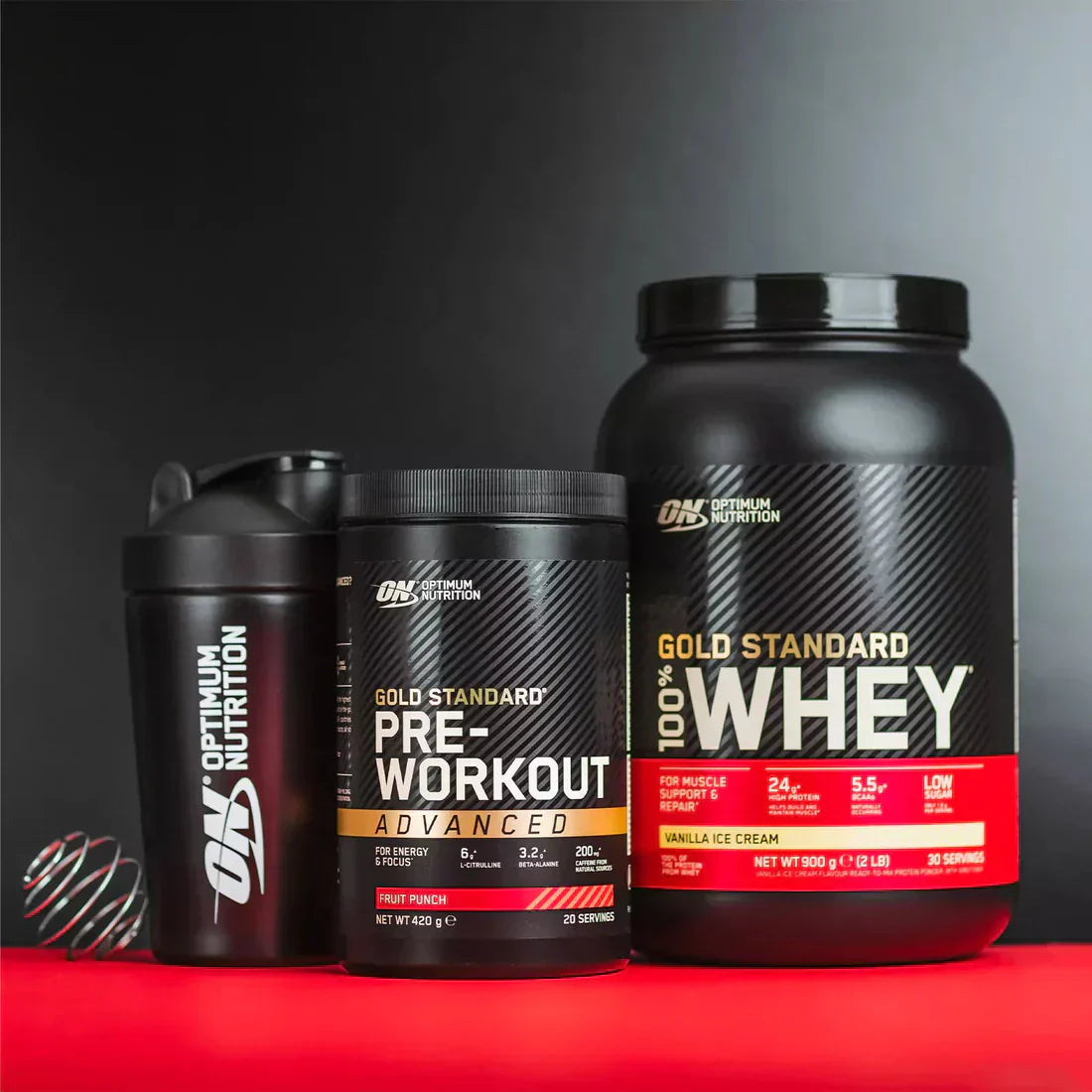
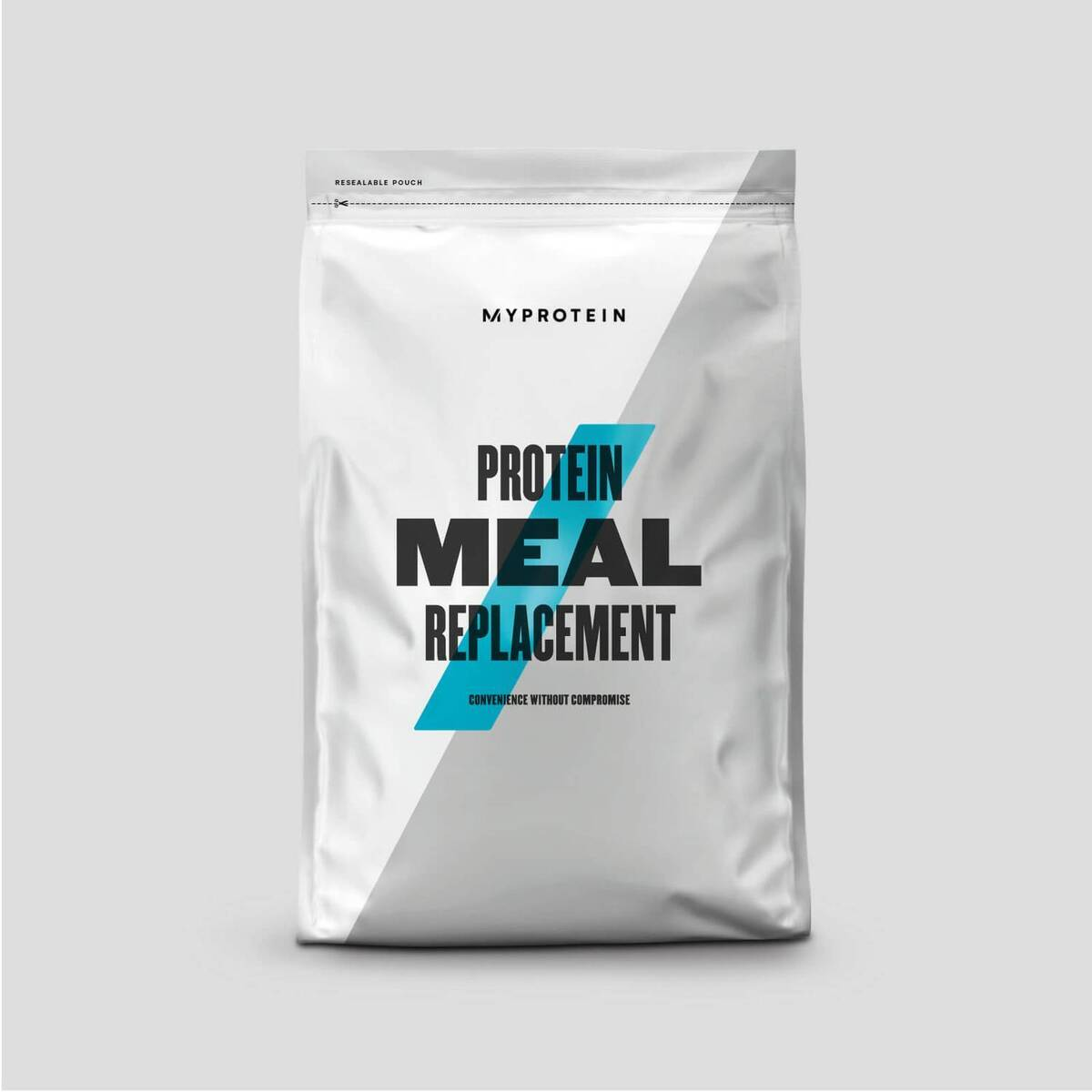
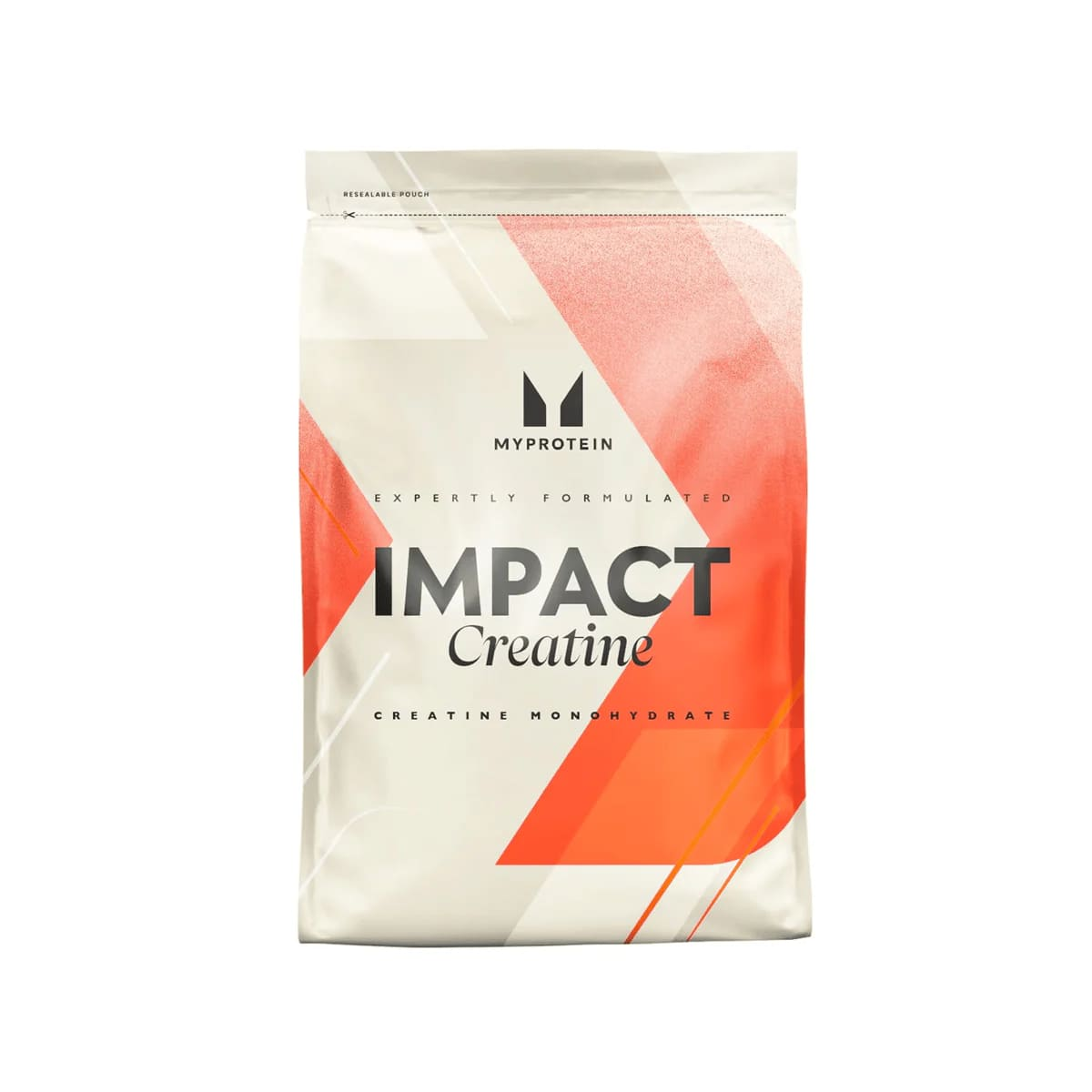
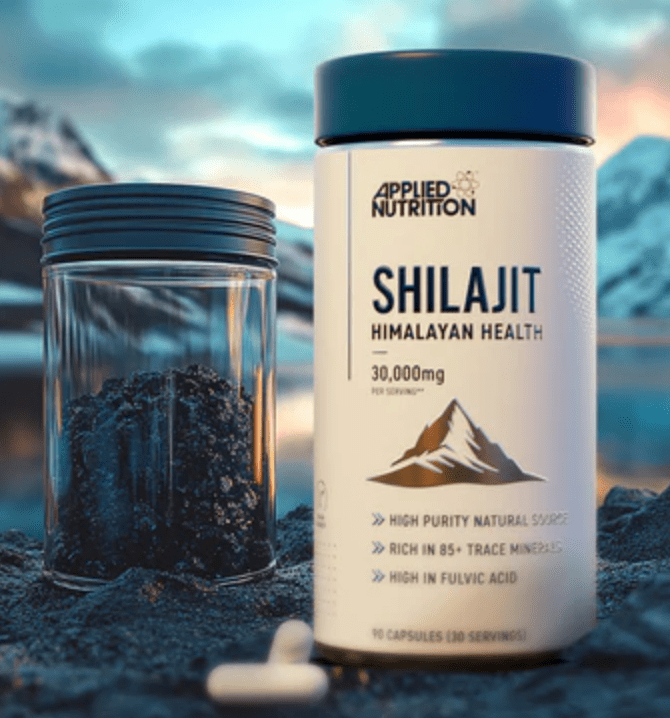


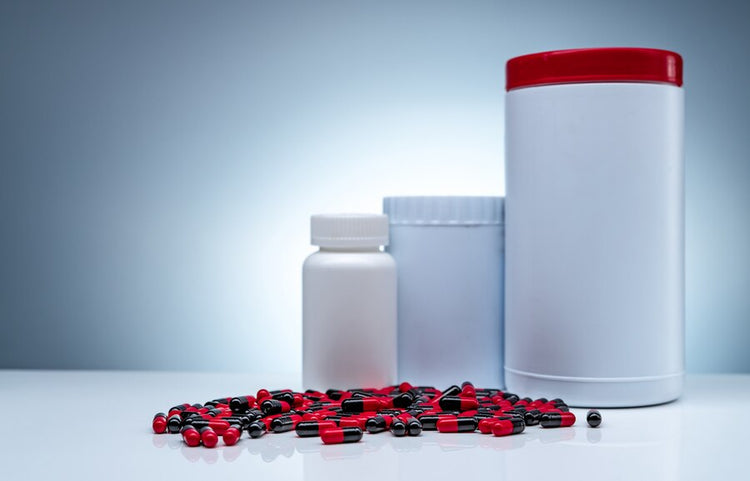


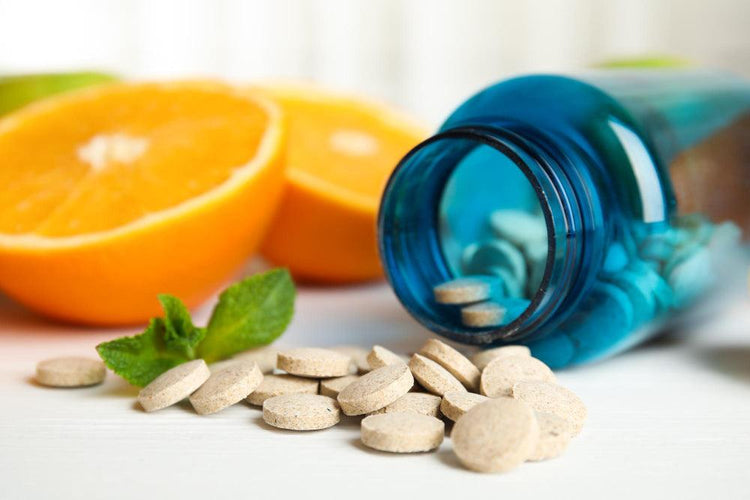



 Rated Excellent by 26,523+ Reviews
Rated Excellent by 26,523+ Reviews